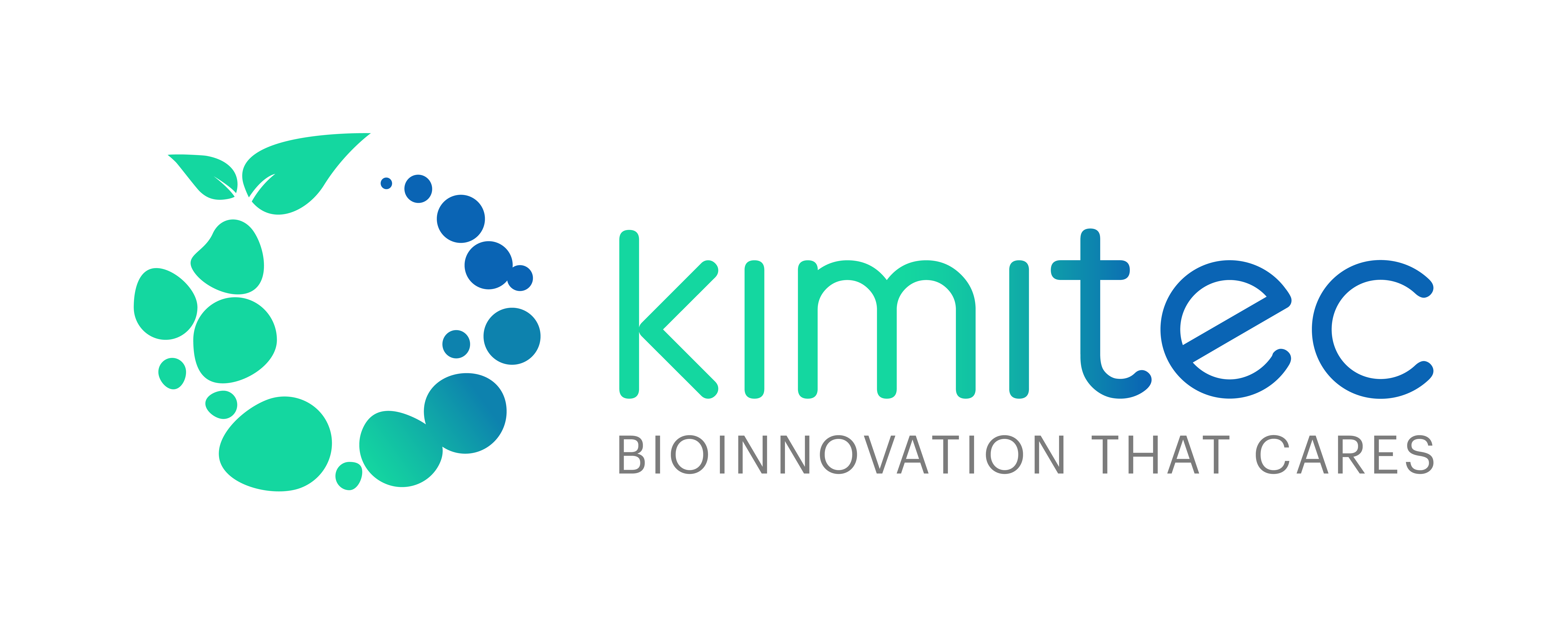Global Privatization of Water
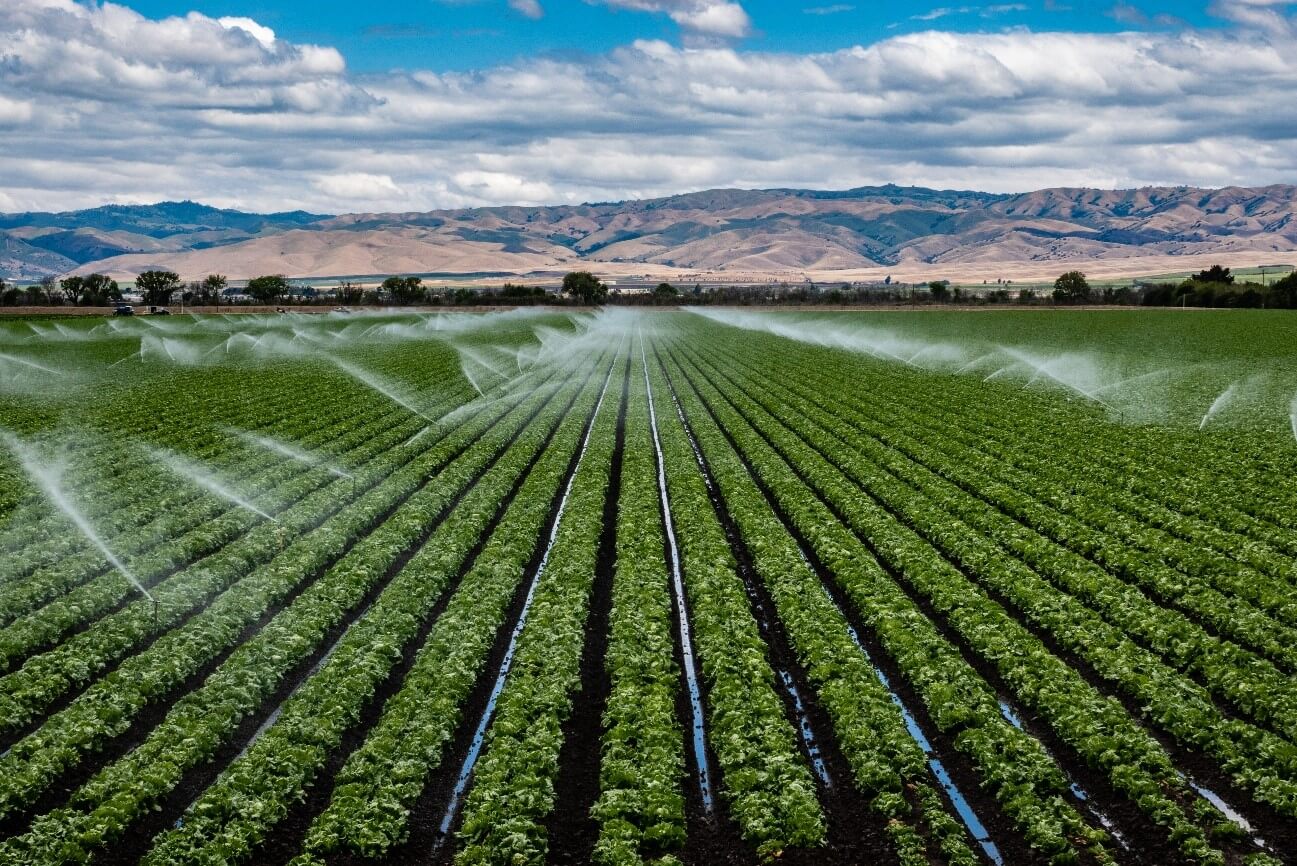
March 22 | ‘World Water Day’
There is no doubt, water is an essential resource for both the world population and agriculture, and that’s why every March 22 we celebrate the ‘World Water Day’, an event aimed to raise awareness and stress the importance of such a precious liquid.
‘World Water Day’ was born in Rio de Janeiro in 1992, during the United Nations Conference on Environment and Development, and has been celebrated every year since.
Is it water really so valuable?
We all know how necessary water is for human life, but estimating its actual value is not an easy task; after all, droughts have an incalculable impact, at all levels, on certain geographical areas.
For that reason and to encourage a global debate on the matter, this 2021 the UN has launched a digital campaign called #Water2me, with a self-explaining slogan: ‘Valuing water’. The debate should not only address the global economic, social and cultural consequences of the issue, but also around its environmental impact.
Water is also an invaluable resource for agricultural production and food security. Climate change is causing global instability in terms of water availability, since it hinders the access of the primary sector to water resources in some regions, reducing agricultural production. Of course, this increasing scarcity (and the fact that only 2.5% of all water present on Earth is fresh water) intensifies insecurity among agricultural producers and destabilizes the agricultural sector. A bleak future awaits world population if we don’t take the appropriate measures to put an end to this crisis.
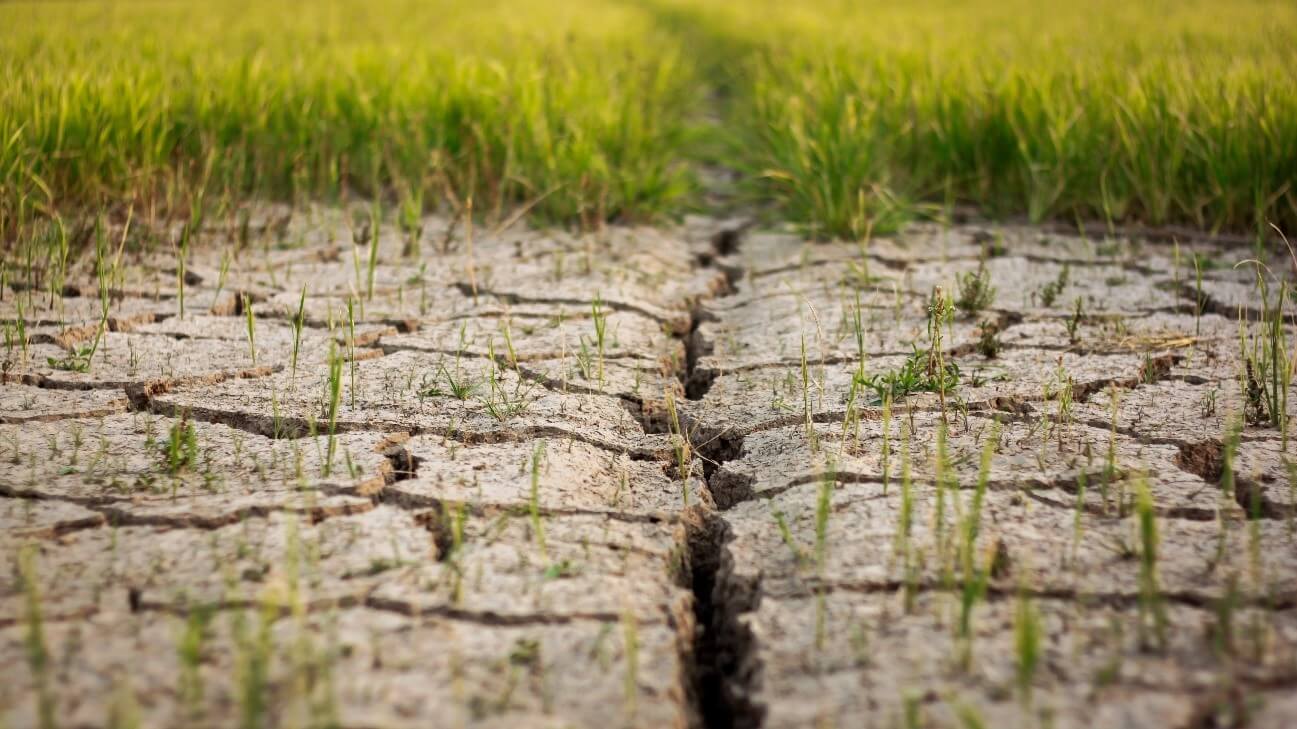
The 6th Sustainable Development Goal (SDG) proposed for the 2030 Agenda aims to ‘ensure availability and sustainable management of water and sanitation for all’, a rather high-reaching goal considering that currently 2,200 million people do not have access to drinking water.
Did you know that…
- one third of the world’s population has no access to drinking water.
- if global warming were limited to just 1.5 °C above pre-industrial levels, droughts caused by climate change could be reduced by 50%?
- if SDG No. 6 were reached, 360,000 lives could be saved per year?
- 90% of natural disasters are triggered by extreme weather effects?
- water demand is predicted to increase by over 50% in 2040.
These are just some of the direct consequences of climate change in water availability. As for agriculture, climate change also has a negative impact on agricultural yield every year. Global horticultural production is estimated to be 30% lower than it should, due to water and/or thermal stress, and climate change makes this situation worse. The world community could reach a “point of no return” in 2035 if governments remain impassive at such a bleak outlook.
Despite recent agronomic advances regarding the development of new varieties resistant to drought, salinity, very cold climates or very hot summers, climate change still causes:
- Sharp increases in global temperatures.
- Reduced water availability in certain territories (40% of the population).
- Increased torrential rains (less frequent, but more abundant).
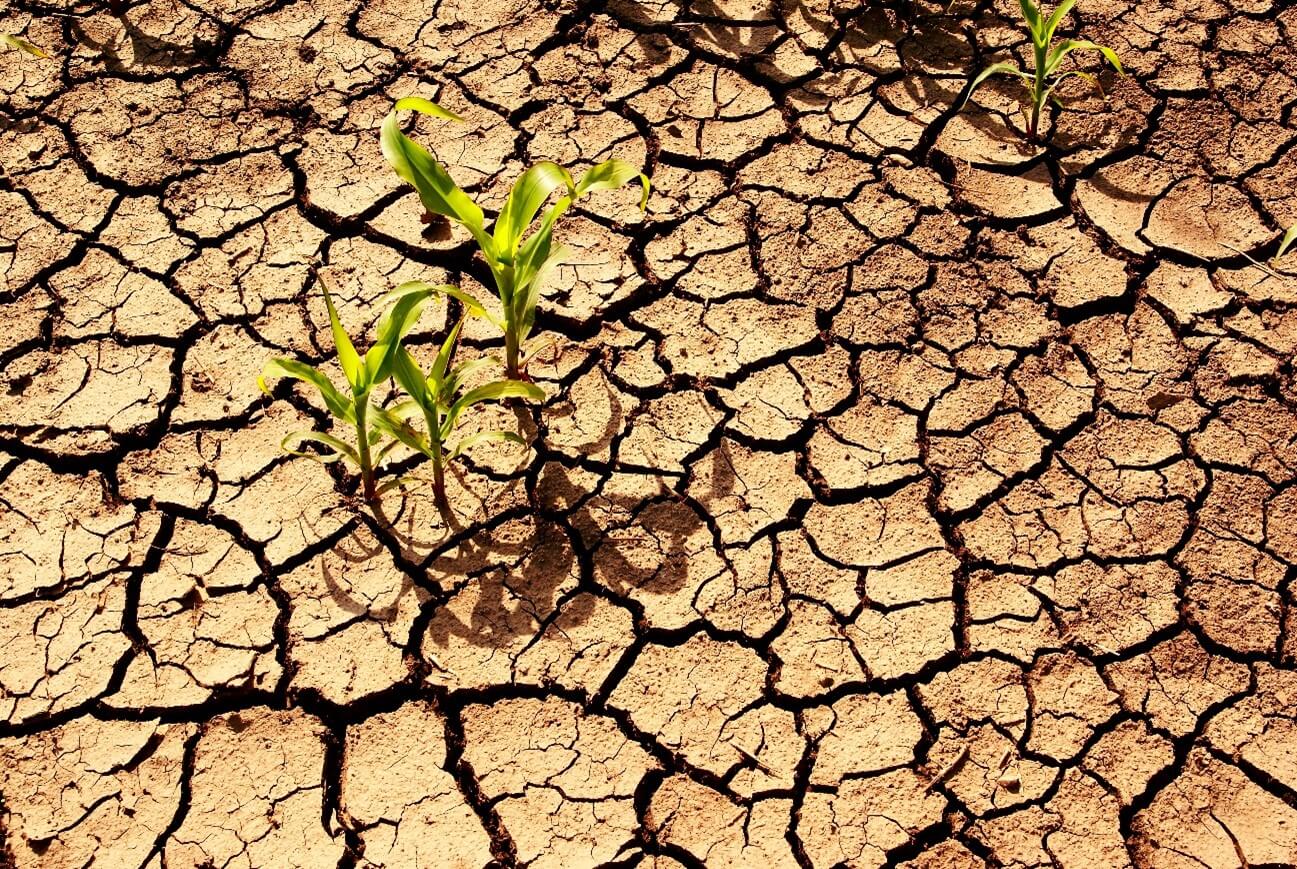
And what is the impact of this imbalance on agriculture?
Most of the world’s surface is dryland and the water cycle is unavoidably changing, which means that water use and management needs to be optimized if we want to increase farming efficiency.
To this end, technologies for water use optimization in irrigation systems have been developed over the last decades; for example, the so-called “invention of the century”, developed in Israel in the early 60s: the very first ‘drip irrigation’ system, which later would spread all over the world.
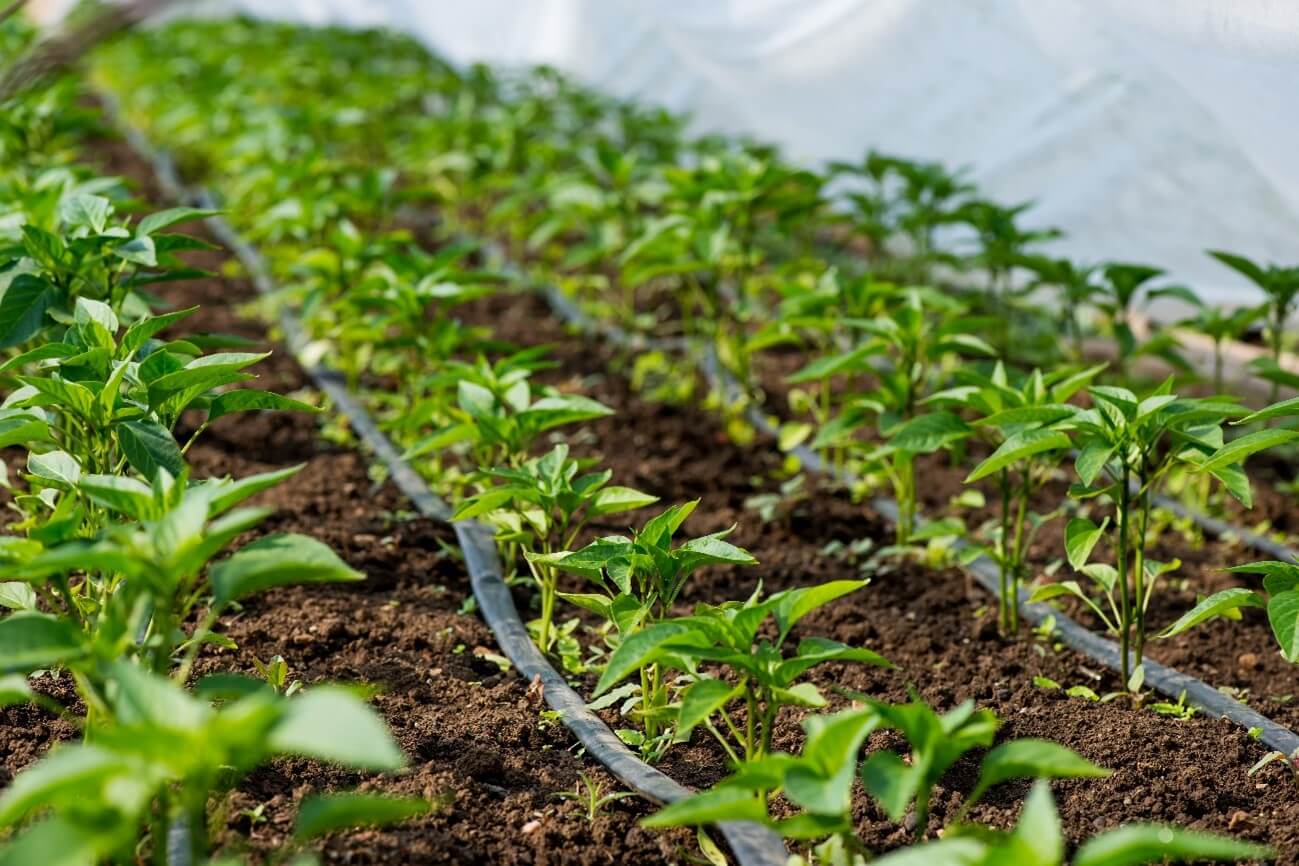
Water is so scarce, and therefore precious, that some countries have privatized it. For example, a few months ago, water use entered the futures market in California. Is privatization the solution to the major global challenge of ensuring general access to water resources?
Some of the countries that are opting for the privatization of water are:
- Chile: Rivers were privately owned by the dictatorship, a situation that remained unchanged after the arrival of the current democratic government.
- 16 underdeveloped countries: In 2000, the IMF forced the privatization of water.
- Argentina: Water was privatized in early 1993, in order to promote the universalization of drinking water and sanitation services.
- Spain: Ownership is public, but nearly 34% of all water supply services are provided by public entities, another 34% by private companies, 22% by joint ventures and 10% by municipal service providers.
- France, Grenoble: The mayor ordered the privatization of water supply services in 1989.
What are the effects of water privatization on agriculture?
According to the Economic Commission for Latin America and the Caribbean located in Santiago de Chile (one of the five regional commissions of the United Nations), the South American countries with the most expensive water are Chile and Argentina, and in both of them water services are privatized. That means, basically, lower profit margins for the agricultural sector.
Taking into account that up to 70% of the water extracted is used for agriculture, competition between the different sectors will surely increase. The pressure for the privatization of such a scarce resource will keep augmenting, which in turn will force growers to continue optimizing and reducing water consumption.
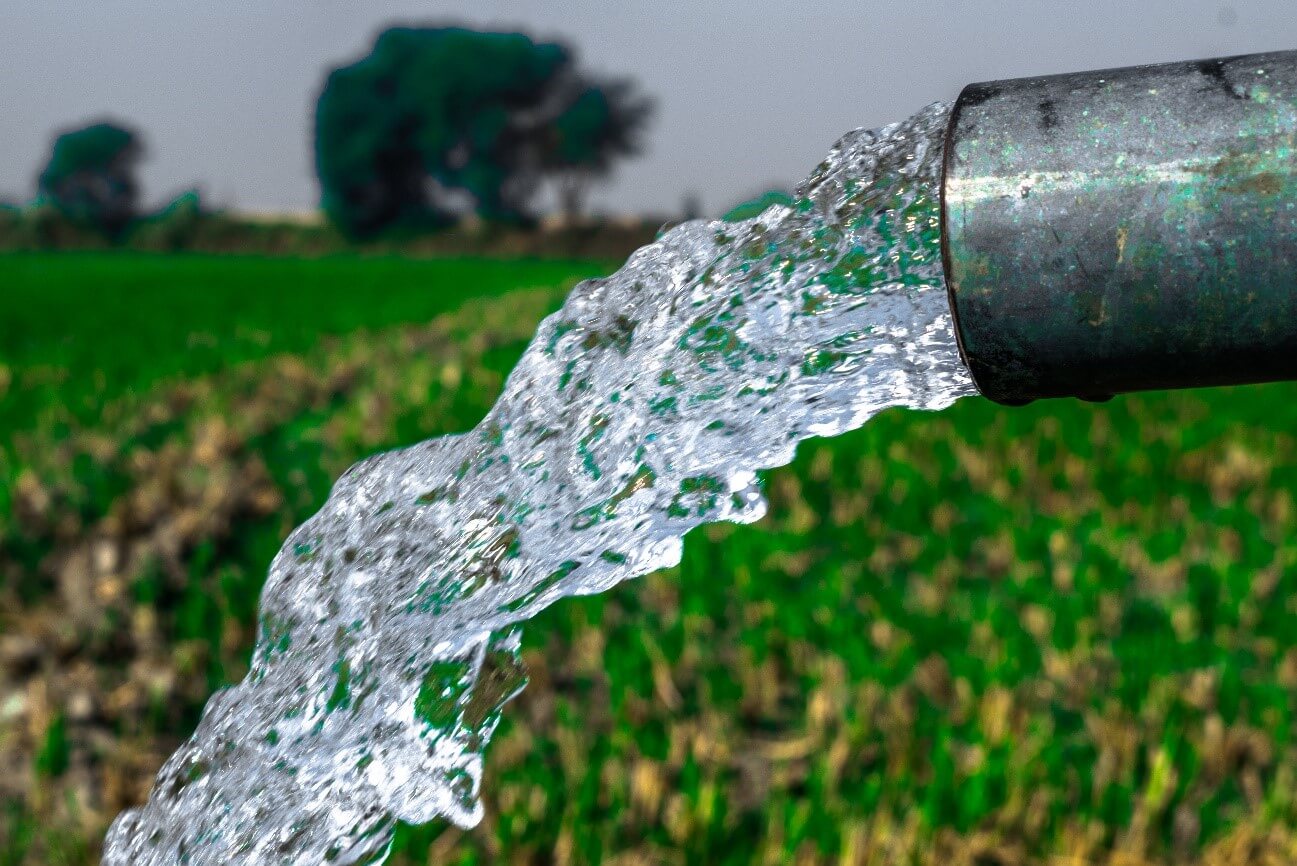
How does Kimitec help growers optimize water consumption?
Kimitec’s portfolio includes several solutions to optimize water use in agriculture.
Fix&Release
Favors water movement within the soil, by reducing surface tension.
Common water striders (Gerris lacustris), which rely on surface tension to walk on top of water, perfectly illustrate the technology upon which Fix&Release is based. Water striders cannot float on water treated with our product.
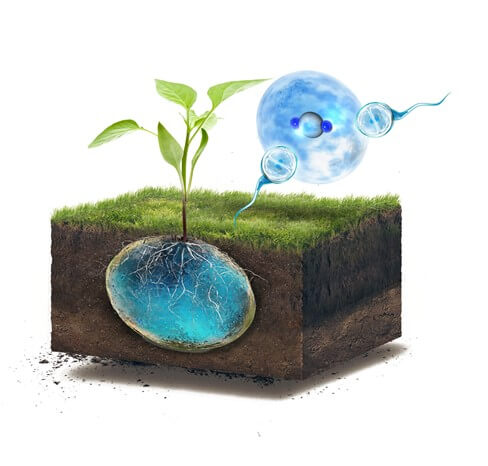
How does it work?
Under normal conditions, soil water tends to flow through preferential channels, that is, ‘through the path of least resistance’. Thanks to our product, water is distributed through secondary channels, expanding the irrigated surface and the wet bulb.
Thus, water infiltrates the soil more easily, it is better distributed throughout the soil, and leaching is avoided.
Fix&Release helps, therefore, reduce irrigation frequency (and consequently water consumption), and optimizes the use of irrigation water and soil nutrients.
Kimitec develops natural solutions to face upcoming challenges in the agricultural industry. We not only search for innovative ways to improve crop productivity; we acknowledge that environmental responsibility must also be taken into account if we want to ensure a bright future for agriculture.
Betazyme Plus
Betazyme Plus is a liquid crop biostimulant and osmoprotectant based on glycine-betaine, which also provides calcium and boron to the plant, increasing crop protection against physiopathies caused by water, thermal or salt stresses. Calcium and boron strengthen cell walls and fruit epidermis, prolonging post-harvest life.
Osmoprotection is especially important for cell growth during plant tissue and fruit formation since it helps to prevent cracking and microcracking caused by water imbalances.
Glycine-betaine is produced naturally by all plants as a protection mechanism against different abiotic stresses. Sugar beet (Beta vulgaris) produces, however, a higher amount of osmolites (salts), compared to other plants. Kimitec has used this evolutionary advantage in the development of Betazyme Plus.
That is what we do best: we observe and learn from nature to ultimately formulate natural solutions capable of improving crop fitness, always considering the specific environmental, edaphic, and physiological conditions.
For more information about our Fix&Release humectant agent. Click here for more information about Betazyme Plus.
